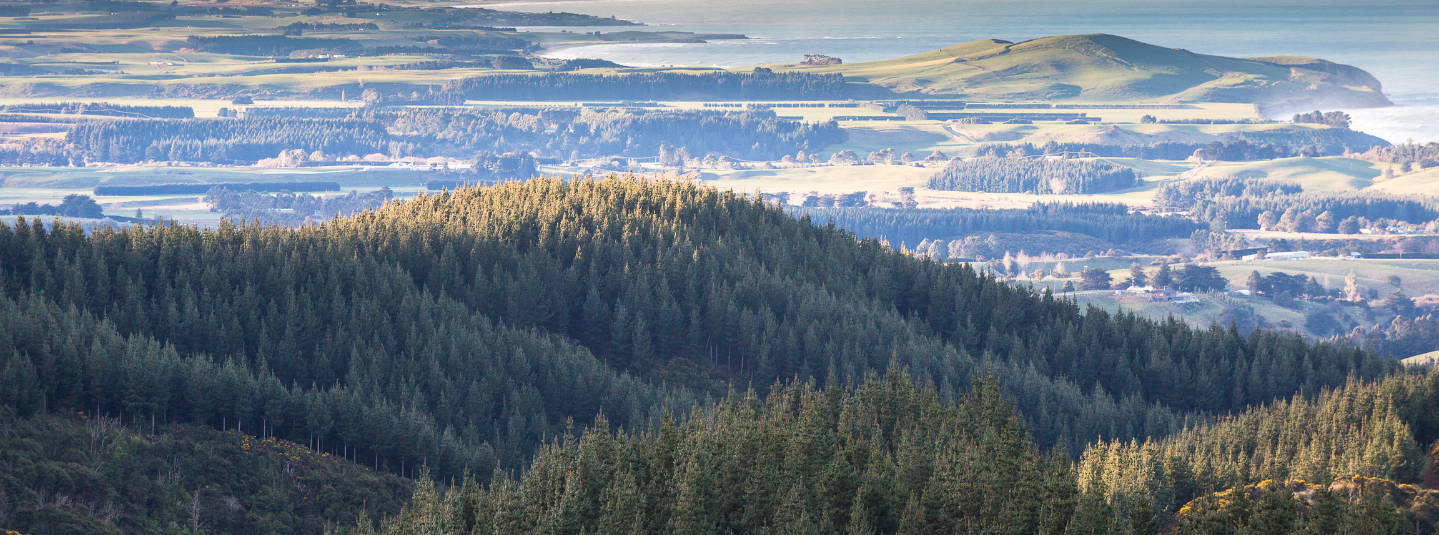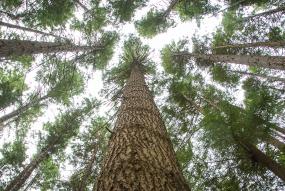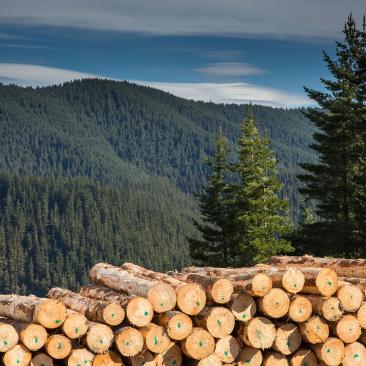
FSC Forest Stewardship Standard for New Zealand (NZ FSS)
After a comprehensive process of rigorous consultation with industry, environment, and social stakeholders and indigenous groups, the FSC Forest Stewardship Standard for New Zealand (NZ FSS) targets the most pressing issues in New Zealand forestry today, including living wage requirements; better protection of waterways, addressing issues related to erosion, and establishing culturally appropriate means of communication with Māori communities affected by forestry operations.
To ensure that the NZ FSS addresses the unique local context of forestry in New Zealand, FSC NZ, in accordance with its unique governance model, brought together a group of diverse economic, environmental and social stakeholders tasked with developing the Standard. The extensive development process has resulted in a robust and high-calibre standard that FSC is proud to have achieved.
Information Resources for Forest Managers:

Implementing the NZ FSS
January 17th is the publication date of the NZ FSS. From this date, FSC-certified forest managers in New Zealand will be able to study the new standard. 3 months later, on April 15th, the standard will come into...

Impact of the NZ FSS
The publication of the New Zealand Forest Stewardship Standard is an important milestone for responsible forestry in the country. Addressing important issues such as protecting native forest and biodiversity...

FSC in New Zealand
New Zealand is internationally recognised as a hotspot for biodiversity, with a high number of unique species due to its isolation. For example, of the 245 species of birds in New Zealand before human arrival, 71% were endemic. The country’s unique native forests support a vast array of plants and animals and are revered by Māori for their beauty, spiritual presence, supply of food, medicines, and weaving and building materials. Rapid clearing of these native forests occurred in the 1800s to 1900s,. In response, plantations were introduced to reduce the pressure on native forests.
FSC has a proud history of almost 25 years in New Zealand, certifying plantation forests to ensure their environmental, economic, and social viability. During this time, FSC-certified forest managers have diligently implemented FSC’s rigorous standards and helped drive significant improvements across the board in the New Zealand forestry industry, including in stakeholder engagement and the identification and evaluation of environmental values.
Sally Strang, Environmental Manager of Hancock Natural Resource Group and SDG member
“Over the past two decades, FSC certification has been the catalyst for vast improvements in the standard of forest management in New Zealand, particularly relating to the management of environmental values in our forests and engagement with stakeholders. This has been positive for the industry to ensure we are well placed to meet future challenges. The new Standard will continue to raise the bar and ensure our forest management meets international expectations of responsible forest management.”